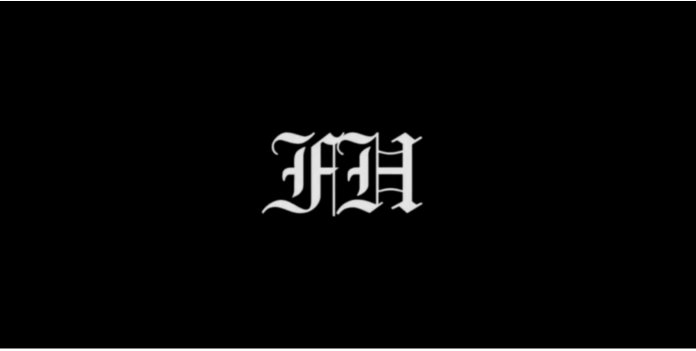The following article was previously published on The Flat Hat’s website during the week of Oct. 23. However, due to an unforeseen technological glitch, it was removed from the website for a period of time and was re-uploaded today, Nov. 6.
Monday, Oct. 16, the College of William and Mary’s John Quincy Adams Society hosted Doug Bandow in Ewell Hall for a moderated question and answer session on the United States’ political and economic relations with China.
Bandow is a political writer and senior fellow at the Cato Institute, a libertarian think tank advocating for limited government involvement in foreign affairs. The event was moderated by JQAS President Justin Eng ’24.
“JQAS has a mission to educate people about the basics of international relations and explain the large overarching issues, and at the moment, one of the most important ones is US-China economic ties,” Eng said.
Eng’s first question to Bandow was about the United States’ approach to China, which he claimed is often characterized by precluding security deals and economic deals. Eng wondered how the United States’ interactions with China should be characterized.
Bandow described the partisan view of China domestically and how that affects international approaches towards the country.
“Democrats tried to prove that Republicans were wrong with [Former president Donald] Trump’s approach to international policy,” Bandow said. “Trump tried to kiss up to [President] Xi Jingping and build relations.”
Bandow then discussed President Biden’s approach to China-U.S. relations and mentioned the continuing tensions between China and Taiwan regarding Taiwan’s sovereignty.
“While Biden’s presidency tried to build on that, there has been a politicization of that issue with the tensions in the South China Sea,” Bandow said.
Bandow was then asked about the future of public consensus on China.
“Xi Jinping has transformed China politically,” Bandow said. “He’s reinstated party control and personal control in almost every area. And that I think is a scary thing that I’m interested in seeing play out.”
Bandow also discussed China’s economic state.
“A common problem in China is that you pay companies to build a home for you, and they don’t end up building it despite you paying them,” Bandow said.
According to Bandow, this situation leads to a housing crisis with an already existing overcrowding issue in big cities like Beijing and Shanghai. For Bandow, with great emphasis on political usurpation and censorship, it seems China’s economy has taken a hit.
One audience member asked Bandow about how China operates with other Asian countries such as Korea and Japan and inquired about whether differing political beliefs play an important role.
“Currently, political factors play more of a role,” Bandow said. “South Korea is in an odd position to be reliant on the United States for defense from North Korea, yet they have strong economic ties with China that helps preserve the North Korean regime. Public opinion on China in South Korea has dropped below Japan — that’s not a good thing. South Koreans really don’t like Japan.”
According to Bandow, former Japanese colonialism in South Korea has caused consistent negative public sentiment towards Japan. To Bandow, support ratings dropping lower for China means a great deal.
“The worst thing for China is to find itself at war with the United States, South Korea and Japan,” Bandow said.
Later, Eng explained how he began planning the event with his club members during fall break.
“I suggested a topic to the organization, and they suggested a few speakers with their bios and Doug Bandow was available for this week,” Eng said. “The work for planning the event usually starts picking up about two weeks before the event actually occurs.”
For student attendee Ariel Dodds ’27, the most interesting part of Bandow’s talk was regarding decreased fertility rates in China, and how that might deplete the pool of workers. Dodds, a student in the St. Andrews Joint Degree Program, stated that this stood out to her because Bandow had asked the audience about how to handle a shrinking population that is also aging.
“I went in with a decent amount of knowledge of policy structures and some of the [political] ties because I was there for a class that talks about this, and I think that’s why his discussion of the fertility issues stood out to me,” Dodds said.

